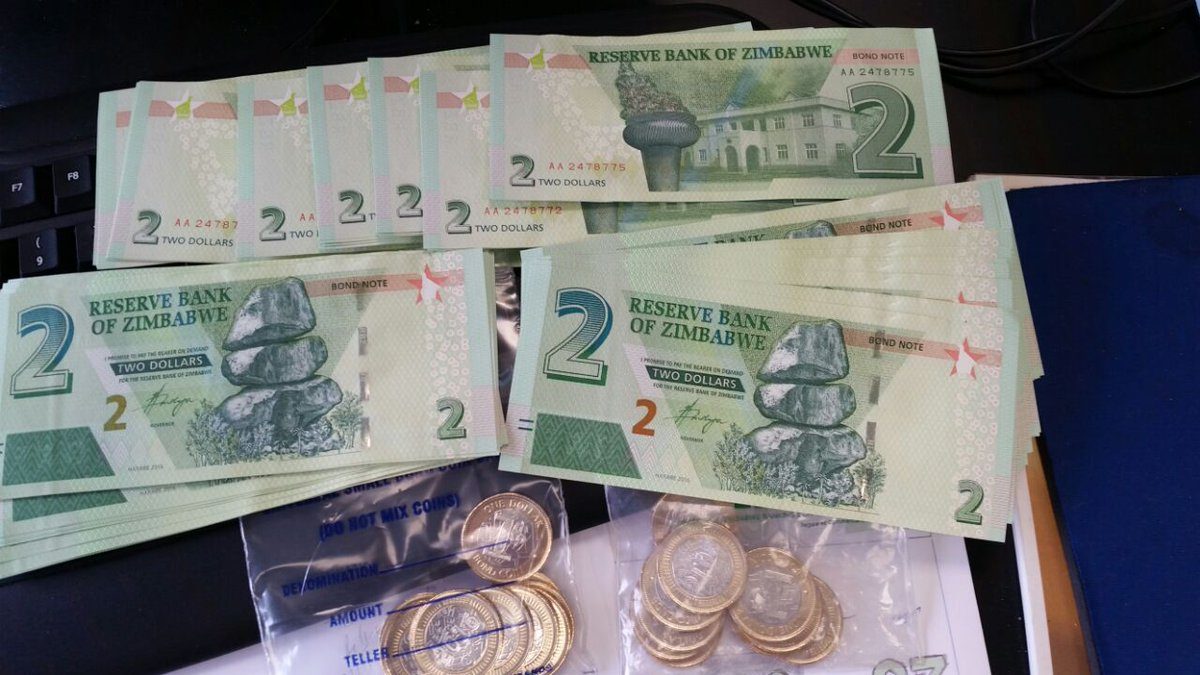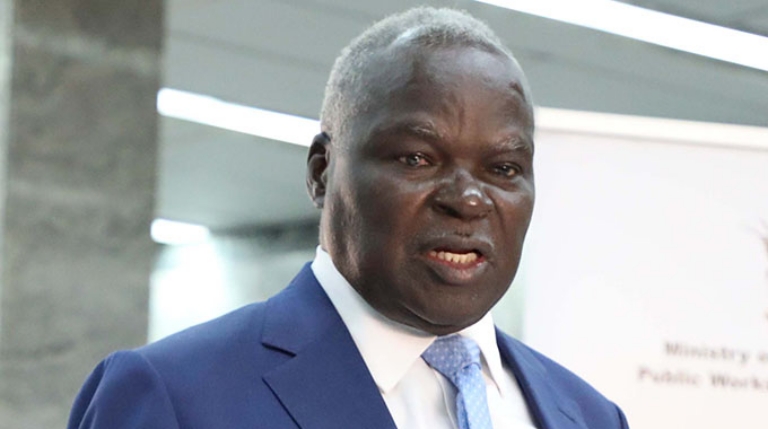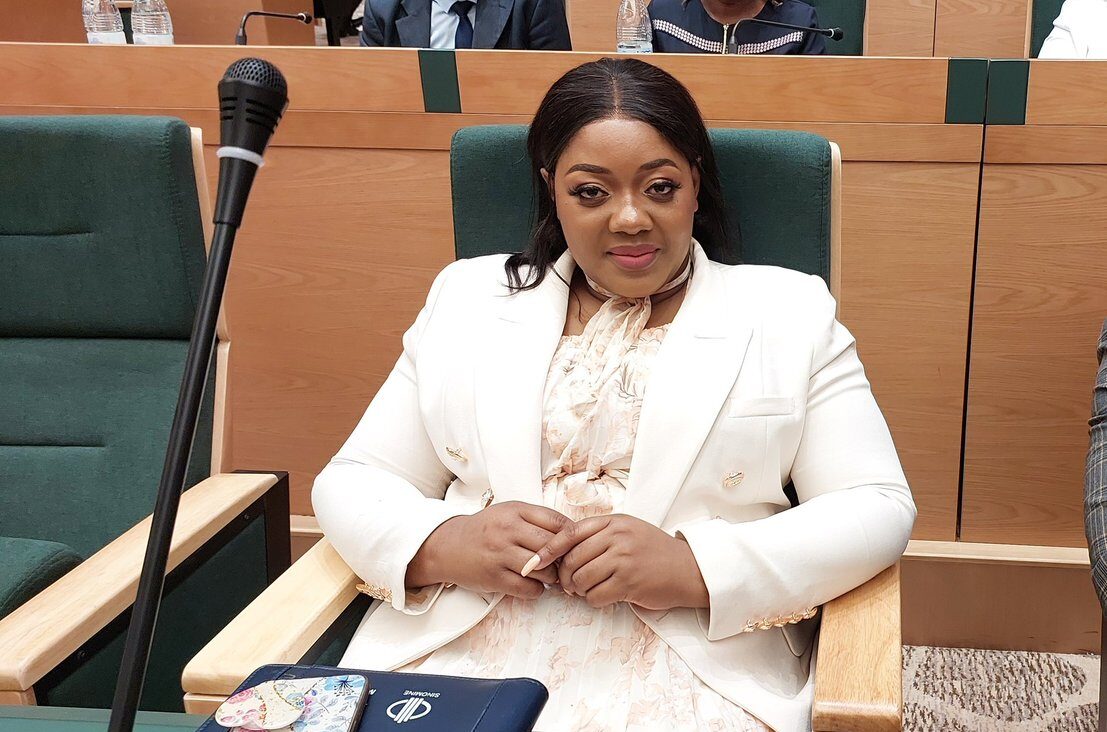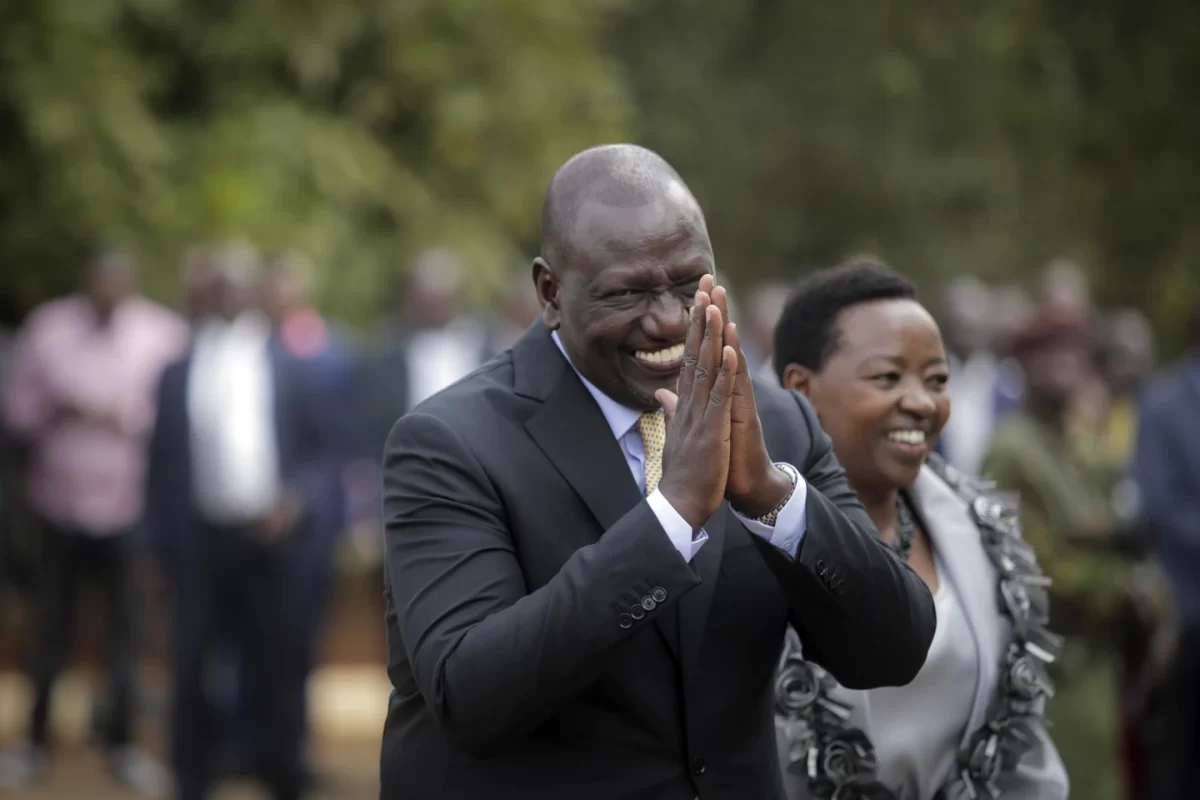HARARE – Professor Mthuli Ncube, one of the favourites to land the job of Finance Minister when President Emmerson Mnangagwa announces his Cabinet next week, says bond notes are “bad money” and should be done away with if Zimbabwe is to solve its cash crisis.
The economist proposes instead that Zimbabwe should return to a state where the United States dollar is the “core currency”.
Zimbabwe, which abandoned its official currency in 2009 in favour of a multi-currency regime, introduced bond notes, a surrogate currency, in May 2016 in response to crippling cash shortages. The Reserve Bank claimed well-off Zimbabweans and companies were spiriting large amounts of United States dollars out of the country.
Finance Minister Patrick Chinamasa and the central bank’s solution was bond notes which are not a legal tender that can be used for transactions outside of Zimbabwe. But the bond notes were given the same value as the US dollar.
The bond notes’ value was derived from an initial US$200 million bond facility guaranteed by the Egypt-based AfreximBank.
Lack of confidence in the bond notes resulted in Zimbabweans withholding US dollars, fuelling a thriving black market for the greenback and driving down the value of the bond notes.
Now Prof Ncube says Zimbabwe must move swiftly and scrap the bond notes.
“I was one of the people who were of the idea that Zimbabwe should adopt the rand and join the Rand Monetary Union for a seven to 10-year period. This is because South Africa accounts for 80 percent of Zimbabwe’s trade. So clearly you want a currency that is linked to your largest trading partner. But I don’t think I want to argue that now because things have moved on and we are at a new juncture,” he said, speaking to Zhou Media.
“What I would argue now is that we remove the bond notes currency because it is becoming a surrogate currency to the Zimbabwean dollar without the macro-economic credibility to support it. The bond note currency is bad money and we know that in economics, bad money drives out good money.
“It’s not surprising that the US dollar is now in short supply because people are not banking them. So the immediate course of action is to remove the bond notes and then let the US dollar become the core currency but over time we have to bring back Zimbabwe’s domestic currency. That’s what will deal with liquidity issues in a big way.”
Prof Ncube also called for fiscal prudence if Zimbabwe is to lift itself from an economic mire which is the biggest challenge facing the newly-installed government of President Emmerson Mnangagwa.
“The issue of domestic debt needs to be dealt with through government expenditure patterns. We have 80 percent of government expenditure going to wages, which is not productive. That picture needs to change to where we begin to see a bigger share going to the more productive and more investing side of government activity,” he says.
He also wants Zimbabwe to rearrange its international debts and possibly secure debt forgiveness. Zimbabweans, including pensioners, who lost money when the country dollarised in 2009 must be compensated, he said.
“With public and publicly guaranteed external debt at close to 50 percent of GDP as at end-2016, of which 70 percent was in arrears, Zimbabwe is clearly in debt distress,” he said in an article published by ZimLive.com.
Zimbabwe, he says, must submit itself for debt relief under the Heavily Indebted Poor Countries Initiative (HIPC) which would require Zimbabwe to “establish a track record of good performance under economic adjustment programmes supported by the International Monetary Fund and the World Bank.”
He added: “If qualification to HIPC is unsuccessful, Zimbabwe would have other options to address its debt problem. For example, the international community may be willing to create a sui generis international debt relief approach for Zimbabwe.
“Alternatively, an ad hoc debt restructuring could be orchestrated through the Paris Club, as was done for Iraq 2004 and Myanmar in 2013, at least with respect to official bilateral and private external debt.
“No matter what level of debt relief Zimbabwe ultimately receives, it will represent an important landmark in the financial and economic reawakening of the country. From there, Zimbabwe would be able to leverage its resources to access the efficient financing needed to meet its economic and development objectives.”
Prof Ncube attended Mnangagwa’s inauguration on August 26, sparking speculation that he may be one of the technocrats being considered for a Cabinet position.
















